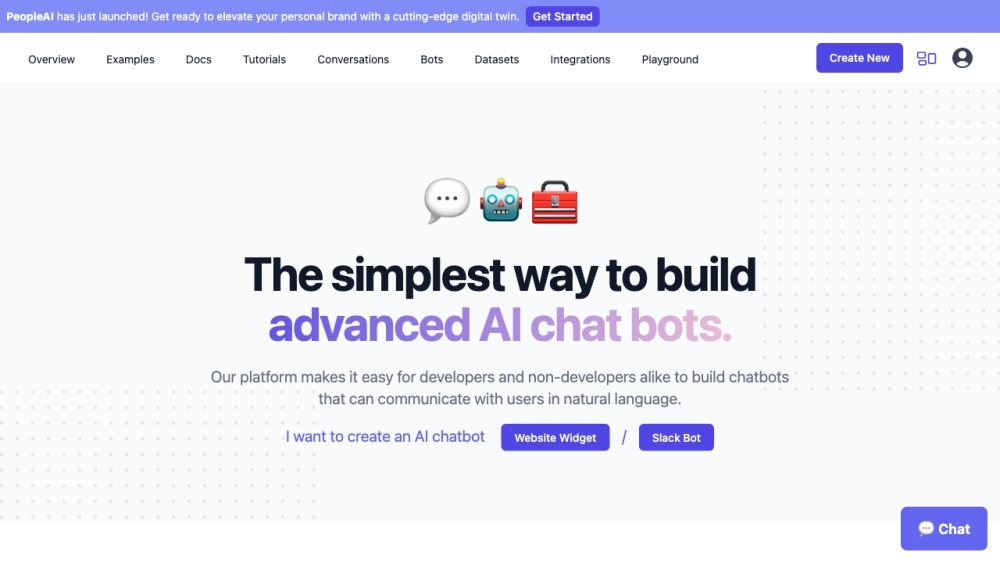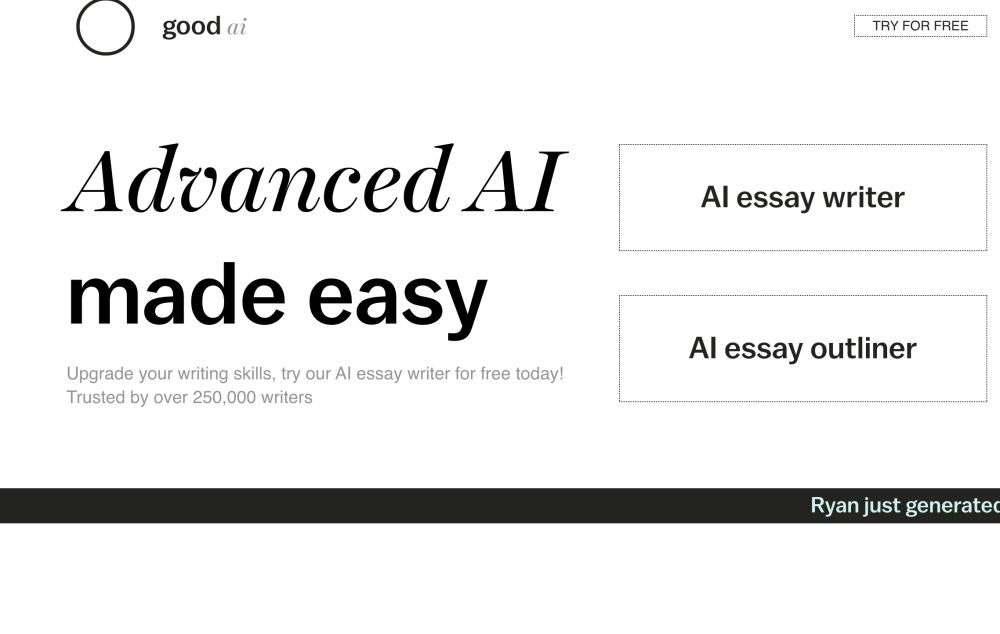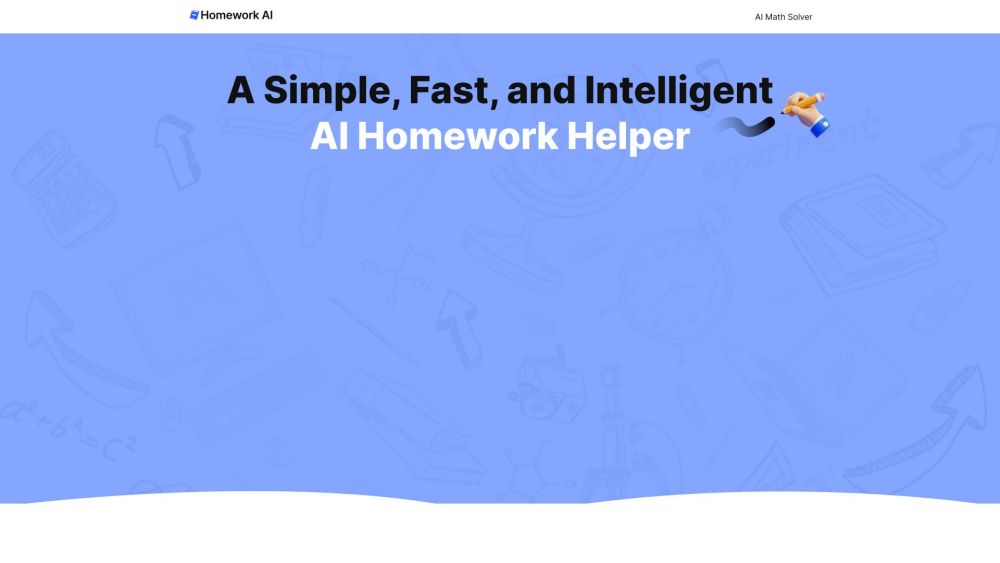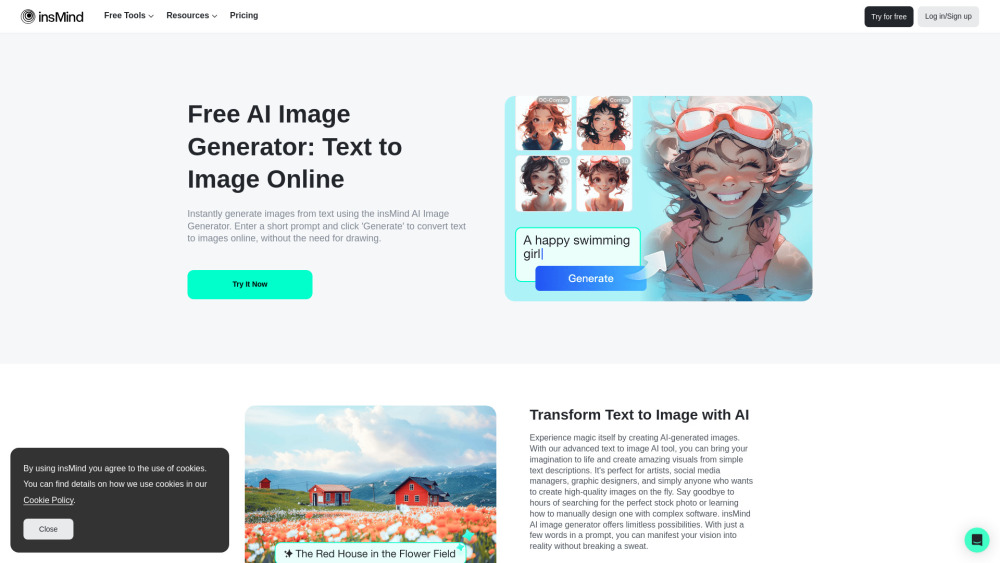AI agents have become a major trend in generative AI, evolving beyond traditional chatbots that merely respond to inquiries. These advanced agents are designed to take action based on conversations and seamlessly connect with back-end transactional systems to automate processes.
On Tuesday at Google Cloud Next, Google unveiled a powerful new tool aimed at empowering businesses to create AI agents effortlessly.
“Vertex AI Agent Builder enables users to quickly and easily develop conversational agents,” stated Google Cloud CEO Thomas Kurian. “This tool allows you to build and deploy production-ready, generative AI-powered conversational agents, guiding them just as you would a human to enhance the accuracy and quality of their responses.”
This no-code solution builds on Google’s previously released Vertex AI Search and Conversation product and is enhanced by the latest Gemini large language models. It utilizes RAG APIs and vector search—industry-standard techniques that help minimize the occurrence of "hallucinations," where models produce incorrect responses when unable to find accurate information.
Are AI models destined to perpetually hallucinate?
To improve response quality, Google implements a technique called “grounding,” which anchors answers to reliable sources. In this context, the system leverages Google Search, which may or may not provide completely accurate information.
“We’re integrating grounding through Google Search, utilizing the vast knowledge base of the world available via our grounding service. Additionally, we support grounding against enterprise data sources, making it especially beneficial for corporate clients,” Kurian remarked. This latter feature is particularly advantageous for businesses looking to leverage their own data.
In a demonstration, Google showcased how this capability enables an agent to assess past marketing campaigns to discern a company’s branding style, applying that understanding to generate new ideas aligned with that style. The demo involved analyzing over 3,000 images, descriptions, videos, and documents pertaining to a fictitious company’s products stored on Google Drive. It then generated visuals, captions, and other content reflecting the fictional company's brand identity.
While any type of agent can be created, Google’s approach positions it directly against Adobe, which introduced its own creative generative AI tools, Firefly and GenStudio, to ensure content stays true to brand style. There’s ample flexibility to create customized agents, but businesses may also consider whether available off-the-shelf solutions better meet their needs.
According to Google, these new features are already accessible, supporting multiple languages and offering region-specific API endpoints in the U.S. and the EU.




